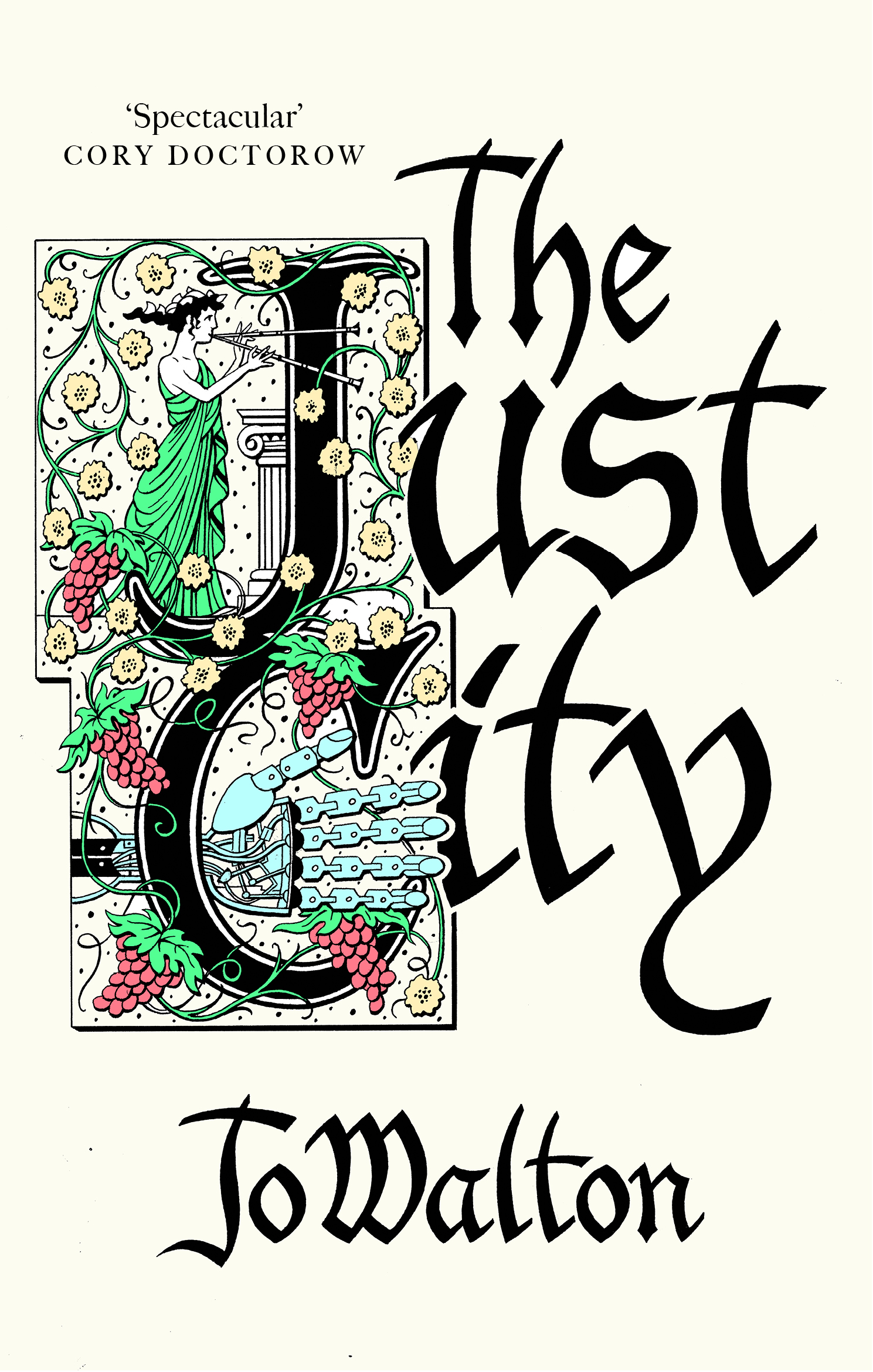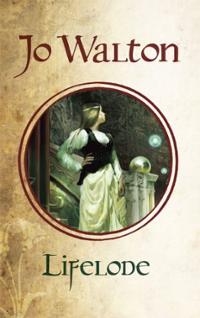I’m expanding this from a comment in Naomi Kritzer’s journal. I thought I’d put it over here so I could save a link to it so I wouldn’t have to write it all out again next time I wanted it, because I’m pretty sure I’ve done this before but I couldn’t find it.
You don’t have to make up languages the way Tolkien did, you have to make up words and names and the illusion of languages. But those names and words have to be right, because names are threads in the tapestry, names need to work with the picture, or at least be neutral and not pull against it. Names are part of incluing.
If you make them all up, they sound bland and generic (or stupid) and it’s hard to distinguish different cultures by naming.
In a book like Melusine or Fires of the Faithful where the author has done names by the Runcorn Method of taking them from real world maps, you get names that look like real names from different cultures, but you also pose the question of how they got them. The first time I read Melusine (before it was published) I came up with (and emailed to Sarah) a ton of different theories about how they got them. You do not usually want your reader to be solving non-mysteries instead of concentrating on the story.
There is a simple way of getting round this.
What you want is the random fantasy name generating program. You set it going and it generated fantasy names until you have ones you like. You can do it without the program (fortunately, because it doesn’t run on modern computers) — it’s also how to fake a language.
First vowels — eliminate one, and decide which of the others is the favourite.
Then consonants — decide between:
B-V
V-W
W-R
M-N
B-M
C-K
C-G
C-S
S-Sh
Ch-Sh
TT-Th
When you’ve decided, write down the alphabet without the ones you don’t want, with the favourite vowel twice and with “Ch” or “Sh” or “Th” if you want them. (If you chose to have two Ms and no B at all, that’s fine, put two.) Then randomly (roll dice?) select consonants (no more than two together) and vowels, stopping when you have stuff that feels nice.
If you want, add “ia” or “land” to the end for country names.
Also, if you want to have two fantasy countries that are different from each other, make all the different choices for the other language. (Excluded vowel becomes favoured vowel, etc.) That way their names and words sound different from each other, even if the reader can’t tell exactly how, but the patterns will be consistent for each one.
The Gonovians and the Camavese really will seem like different people.
And my real program asked at the beginning for inputs, it offered you the choices and you chose, and then you put in some syllables to be prefixes and suffixes if you wanted, and then it would happily run forever scrolling new 4-8 letter words up the screen.
If anyone would like to do this in a modern language and put it on the web, I’d be really grateful, and I expect other people would too.
Ken and I once made an alien language for a RPG using this program. The aliens were called Xanfd, and they rocked actually. But I defined so many of their words that eventually when I ran the program it was as if I was getting messages from them, full of words I knew, or half-knew, and other words I didn’t. The screen would fill up with things like “Human attack /something/ spaceship /something-plural/ size-comparative something-highstatus FTL communications /something/ broken /something/ /something/ light something something-plural survivors”. I could therefore use this for plot generation. I do not actually recommend this, as my memory of sitting in a darkening room reading yellow text on a blue screen that told me of battles far away and alien secrets is a little too realistic for comfort.



